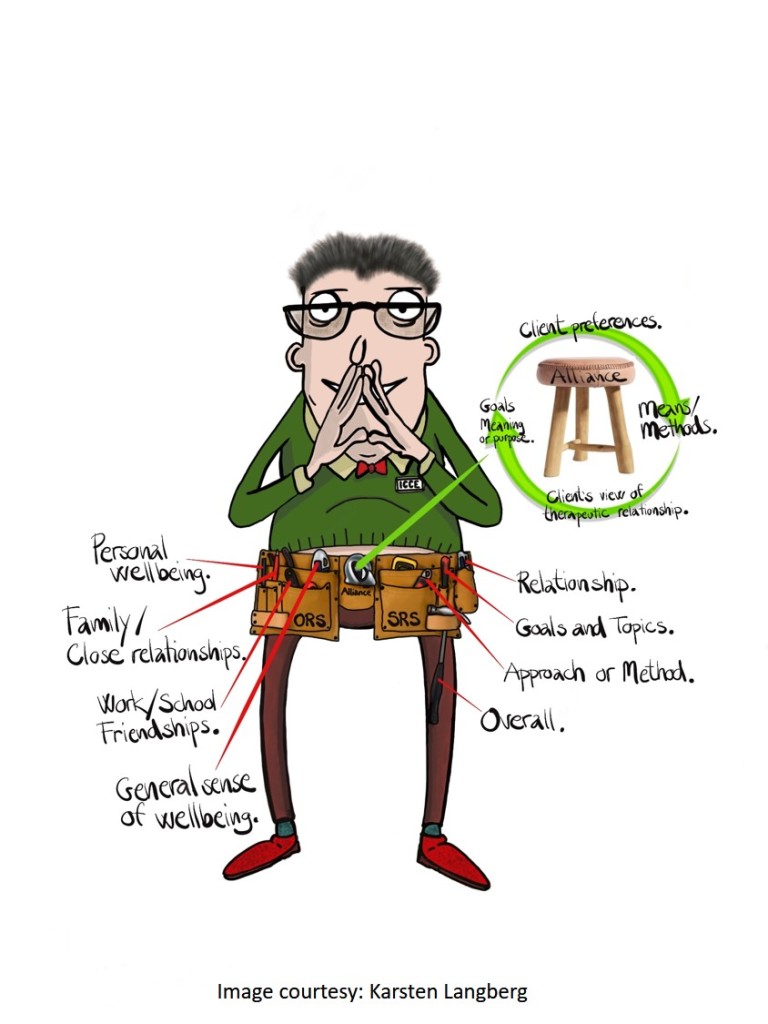Or, at least that’s what I said in response to his question. The look on his face made clear my words caused more confusion than clarity.
“But then, how will I found out which of the therapists at my agency are effective?” he asked.
“The purpose of FIT,” I replied, “is not to profile, but rather help clinicians respond more effectively to their clients.”
And I’ve found myself giving similar advise of late — in particular, actively counseling practitioners and clinic directors against using the ORS and SRS.
Here’s another:
“We need a way to meet the new Joint Comission/SAMHSA requirement to use a standardized outcome measure in all therapeutic work.”
My reply?
FIT is purposefully designed — and a significant body of evidence indicates it does — help those in treatment achieve the best results possible. Thus, while integrating measures into care has, in some countries, because a standard of care, using them merely to meet regulatory requirements is de facto unethical. Please don’t use my scales.
One more?
“I don’t (or won’t) use the scales with all my clients, just those I decide it will be clinically useful with.”
What do I think?
The evidence clearly shows clinicians often believe they are effective or aligned with clients when they are not. The whole purpose of routinely using outcome and alliance measures is to fill in these gaps in clinical judgement. Please don’t use my scales.
Last, as I recently blogged about, “The scales are really very simple and self-explanatory so I don’t think we really need much in the way of training or support materials.”
My response?
We have substantial evidence to the contrary. In sharp contrast to the mere minutes involved in downloading and learning to administer measures, actual implemention of FIT takes considerable time and support — more than most seem aware of or willing to invest.
PLEASE DON’T USE MY SCALES!
While I could cite many more examples of when not to use routine outcome measures (e.g., “we need a way to identify clients we aren’t helping so we can terminate services with them and free up scarce clinical resources” or “I want to have data to provide evidence of effectiveness to funding sources”) — I will refrain.
As one dedicated FIT practitioner recently wrote, “Using FIT is brutal. Without it, it’s the patients’ fault. With fit, it’s mine. Grit your way through . . . because it’s good and right.”
I could not have said it any better.


